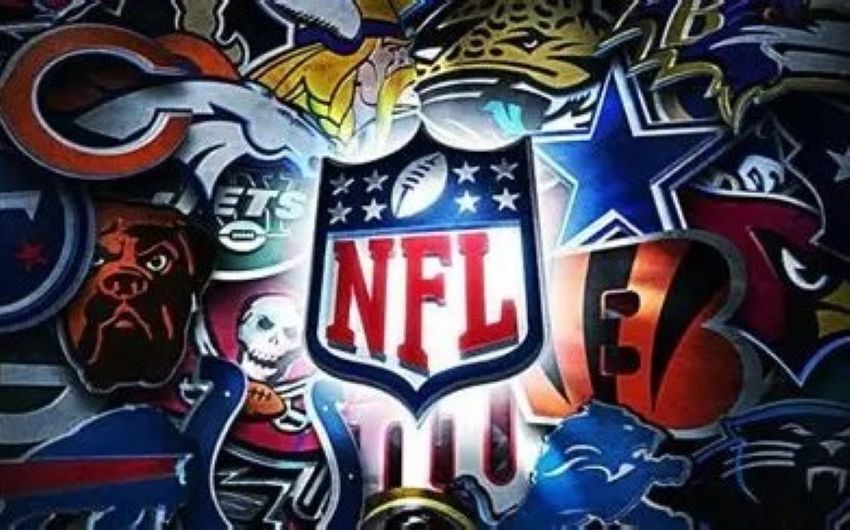The uproar the caused by the Recording Industry Association of America’s (RIAA) lawsuits against citizens for using illegal file-sharing programs such as Napster and Kazaa, has driven some individuals to start looking for new, legal ways to download MP3s.
MP3 is an acronym for moving picture expert’s group layer-3 Audio. These files are a digital version of songs from CDs and are convenient for people who use their PCs or laptops frequently.
Recently, a new program that allows individuals to download MP3s without fear of the RIAA and their lawsuits has made an appearance. This unique new program is called iTunes. Macintosh Corporation is the retailer of this program. The program itself is free, but to download MP3s one only has to pay a minimum of $.99 for each individual song.
“I use iTunes and I think it is a good thing,” Jack Chou, ’07, said. “It lets me download music and not have to fear being sued by the RIAA.”
Although iTunes is convenient for most people, it is not the only MP3 distributor on the market. Napster, which has been remodeled, is an iTunes competitor. The new Napster is now legal and allows users to download MP3s again, but this time there is a price for each song. Many students are interested in Napster because they liked the old version.
“I used Napster a long time ago,” Ashley Cook, ’04, said. “I thought I would go check it out because I liked the old one so much.”
Although Napster has returned, it has come back long after iTunes gained a market share. Old fans of Napster might return to it, but many users have turned to iTunes and are registered with them.
“I have iTunes on my computer,” Annette Sarkissian, campus teacher, said. “I have heard about Napster, but since I already have iTunes, I don’t think it’s necessary to download Napster too, and then have two music players.”
Although all of these new legal MP3 download programs are on the rise, the illegal file-sharing programs are still out there for those who dare to use them. The number one file-sharing program in use is Kazaa. There are still many users who prefer to go against the law in order to get their music for free. All aspects of this program are free, but users take the chance of being discovered by the RIAA and receiving a lawsuit.
“I used to use Kazaa,” Michael Wills, ’06, said. “It was a good way to download songs for free. I was able to download anything I wanted, whenever I wanted.”
The search for a free way to download music may never return, but new programs, such as iTunes and Napster, are another opportunity for individuals to abide by the law and still listen to music on their computer.
To learn more about Macintosh’s iTunes, go to www.apple.com/itunes. For more information about Napster, go to www.napster.com. For more information about Kazaa Media Desktop, go to www.Kazaa.com.






